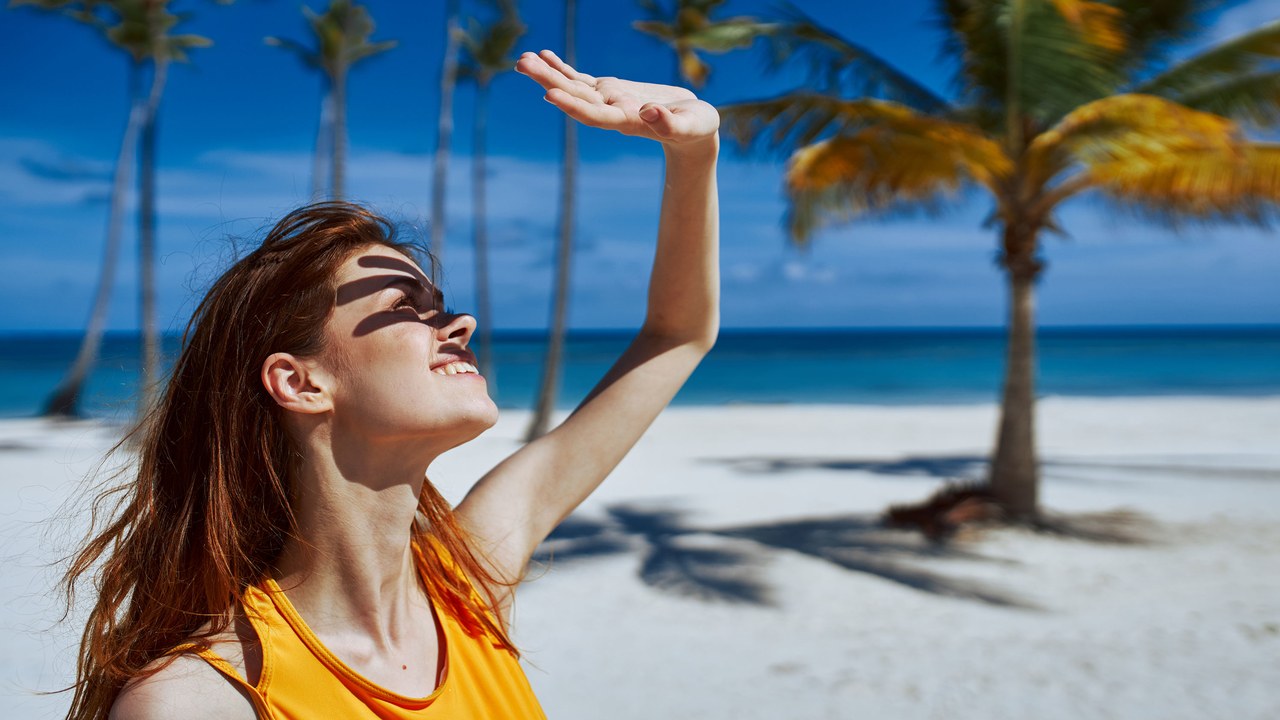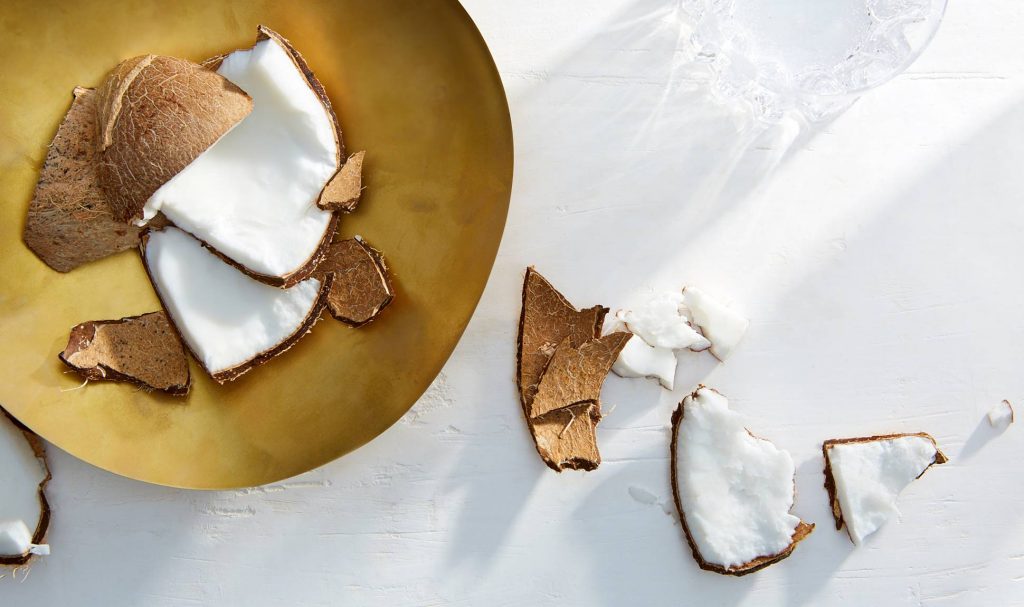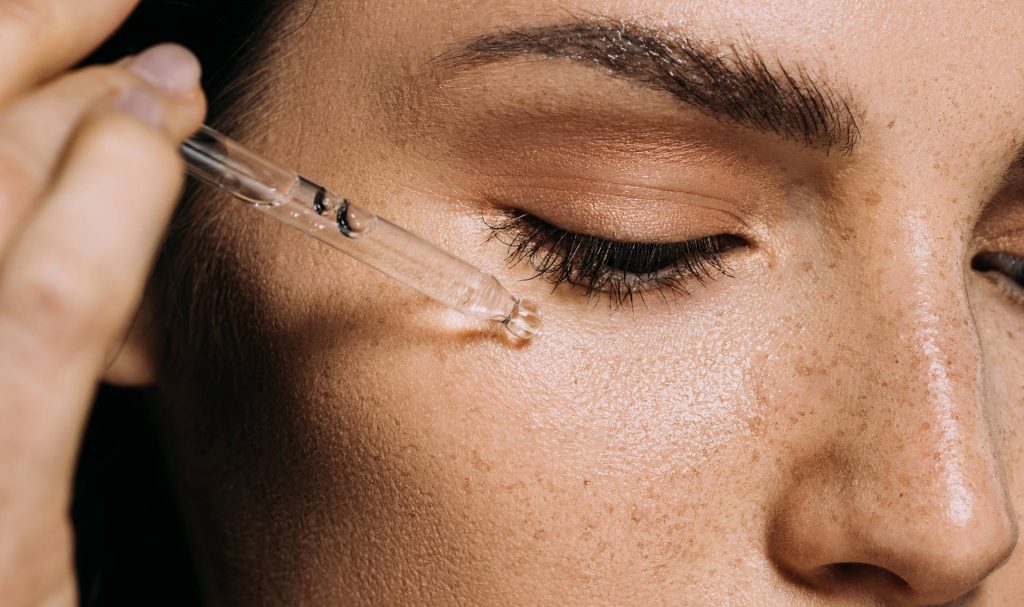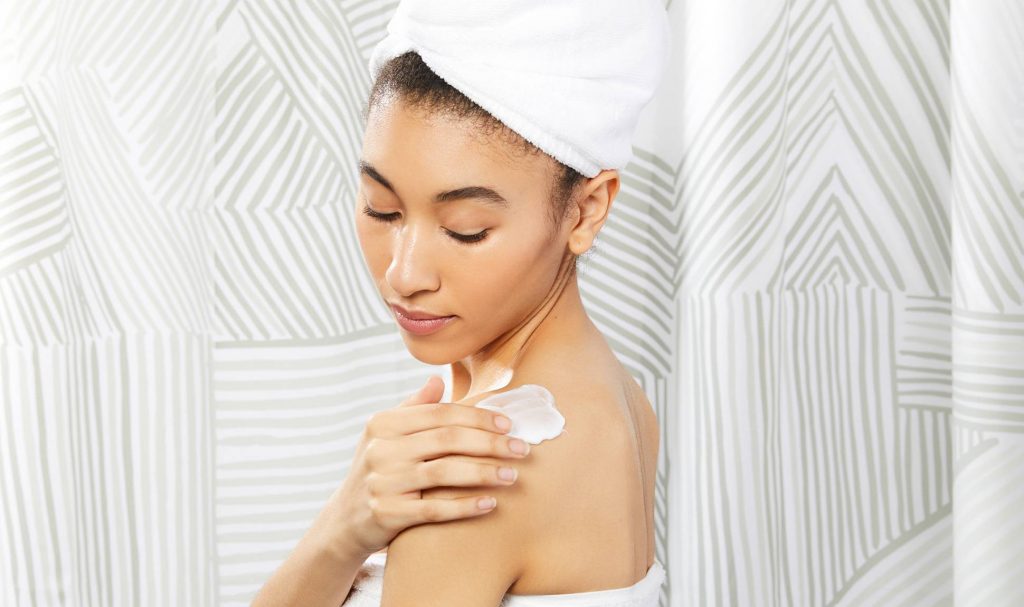Consider this your official, dermatologist-approved consent to hang around outdoors this summertime. “It’s OK to have fun in the sun, as long as you are sun smart,” says Joshua Zeichner, director of cosmetic and clinical research in dermatology at Mount Sinai Healthcare Facility in New York City.
We write a lot (a lot) about the risks of UV rays. A lot of individuals are still uneducated about the health threats that can come from tanning or going outside without correct sun protection. After checking out so much about skin cancer and sun damage, just investing an afternoon in the park can be anxiety-inducing. To assist, we asked the pros how they make it through the summer months. It turns out, skin specialists go to the beach, too, however when they do, they wear way more than a swimwear.
” I may be a dermatologist, however I still wish to enjoy life outdoors when the weather condition is warm,” says Zeichner. That’s precisely what we needed to hear. We asked him and his fellow skin doctors to list all the methods they safeguard themselves from the summer sun. These tips might be extra … however, let’s be truthful, so are UV rays. Keep reading for all the ways the pros prevent the sun. Bear in mind, these tips double as the list of reasons why your skin doctor’s skin is so glowing.
1. Constantly be prepared.
Good sun care begins with, well, owning sun block. New York City-based skin doctor Ariel Ostad constantly makes certain to load more sun block than he plans to utilize. “Better to be overprepared than underprepared,” he states.
Wise words, specifically if you’ve ever been burned by the rate of gift-shop sunscreen.
2. Ensure sunscreen is always easily available.
Shari Marchbein, a medical assistant teacher of dermatology at NYU School of Medicine in New York City, always keeps sunscreen in her bag– however not simply there. She likewise stashes bottles in available locations around her home: “The front closet, so it’s the last thing I place on my kids before they head off to camp in the early morning; the garage, so I can get it and using before heading to the beach; and the bathroom so I can liberally apply prior to placing on my bathing suit and rash guard.”.
Heat and humidity can accelerate the breakdown of sunscreen, she keeps in mind, so make sure that your bottles live in a cool and dry place (like your garage).
3. Apply before you struck the beach.
After you’ve woken up early, loaded a beach bag, transported yourself to the beach, and found a great area, the last thing anyone wishes to do is pause and apply sun block before jumping in the water. Rather, Ostad applies the first layer of sun block while preparing yourself inside your home. “I find that I get a better application when I do not have to worry about winds blowing around, and I’m able to truly focus and make sure I cover every inch of skin,” he says.
He still reapplies throughout the day, however with that first base layer of defense effectively applied, the day starts out safe.
4. Set a timer.
You understand how the sun block bottle reads “Reapply every 2 hours”? Skin doctors in fact do it. “My better half and I both set alarms on our phones to remind us to reapply sun block,” states Zeichner. “It’s truly simple to forget to reapply, and a single application before you go to the beach is just insufficient to protect you for a complete day.”.
5. Powder your nose.
When your sun block alarm goes off, Marchbein retouches her confront with powder sun block. Brand names such as Colorescience and Supergoop provide brush-on sunscreens that double as powder makeup. Powdered sunscreens aren’t strong enough to be used rather of a base layer of cream, however are practical for touch-ups over makeup throughout the day.
6. Ultraviolet Protection Factor (UPF), but make it style.
UPF clothing are “a lazy person’s sunscreen,” says Zeichner. UPF clothing is made with special material that uses the exact same type of UV-fighting protection as a sun block. Zeichner trusts his UPF clothes a lot that he doesn’t apply sunscreen below, however we do not advise that unless you prepare to swim in a long-sleeve shirt.
This is exactly what Melissa Kanchanapoomi Levin, dermatologist and creator of Entière Dermatology in New York City, prefers to do. “I use long-sleeve zip-ups, rash guards, and long trousers, all UPF, to the pool, beach, hiking, and biking outdoors,” she says.
Brand names like Athleta and REI make swim clothes so charming, nobody will even ask why you’re wearing a zip-up by the pool.
7. Change your schedule and your beach chairs.
Get a late start on beach day to miss out on the midday sun, when UV rays are the greatest. “My preferred time to go to the beach is after 4 p.m.,” says Zeichner. “Not only does this prevent peak sun hours, it likewise misses out on the crowds, so it’s a double-win.”.
Levin avoids the day rush (and the direct sunshine) and waits up until 6 p.m. to hit the swimming pool.
No matter what time of day you’re outside, make certain your body and your equipment travel along with the sun. Before you settle in for a nap, strategically adjust your towel to ensure you’ll stay under the shade of an umbrella.
8. Find your best hat.
If a skin doctor is out during the harsh midday sun, you can bet that they’re using a hat. Every single medical professional we spoke with pointed out wearing a hat. Levin selects a UPF hat, for the double security of an included layer of sun block. Ostad even makes sure to wear one (” with a strap”!) in the water.
9. “C” for the sea.
” Vitamin C serum is a skin saver that works well with sunscreen to avoid damage from strong UV rays,” says Mona Gohara, a Connecticut-based skin doctor and an American Society for Dermatologic Surgery member.
Vitamin C serums can assist lighten up dull skin and battle hyperpigmentation that includes sun damage– or you can prevent that altogether by layering it under your sun block at the beach. Gohara utilizes a couple of drops of vitamin C serum (in addition to sunscreen) for an additional, chemical layer of defense.
10. Do not forget your scalp.
Even the part in your hair isn’t safe from the sun’s rays. Gohara utilizes a sun block powder on her scalp to protect the skin without covering her hair in gloop. Powder can also function as a dry hair shampoo and keep hair from getting oily. Win-win.
11. Guard your eyes.
Hats and sunglasses are a must, but Chicago-based skin specialist Omer Ibrahim likewise recommends asking your eye doctor about contact lenses with built-in UV light security.




